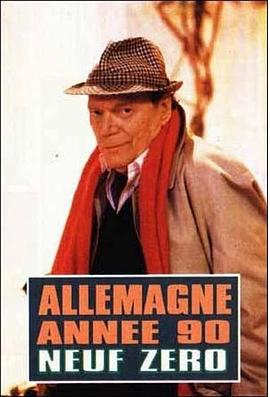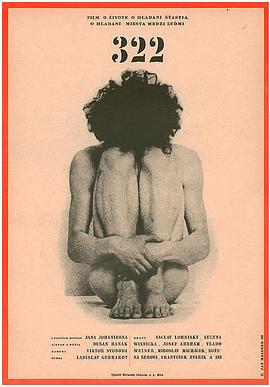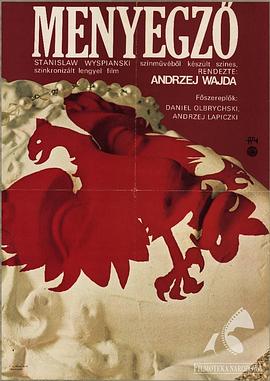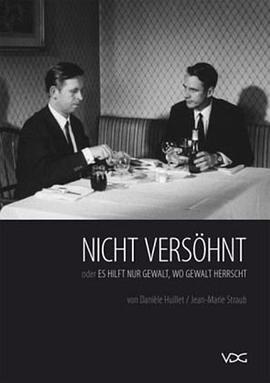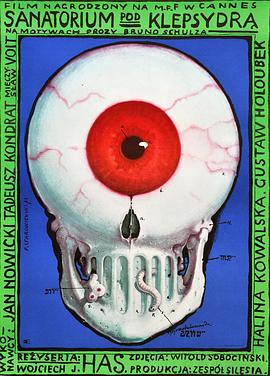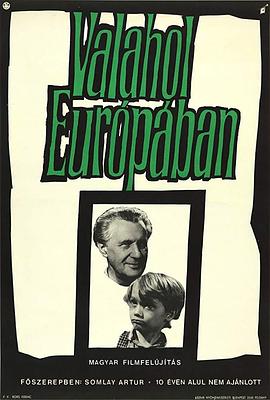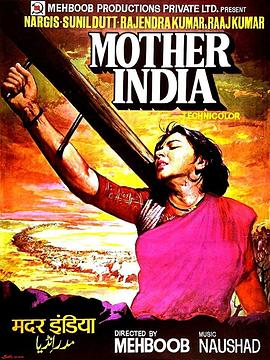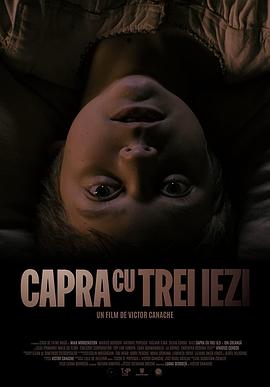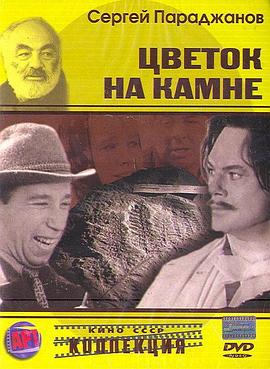德国玖零
主演:埃迪·康斯坦丁,汉斯·齐施勒,克劳迪亚·米歇尔森,Nathalie Kadem,安德烈·S·拉巴尔特,Robert Wittmers,Kim Kashkashian,Anton Mossine,Heinz Przbylski,Kerstin Boos,H.J. Jurgen,Uwe Grzechowski,Jochen Gliscinsky,Iva Svarcová,Elfi Gäbel
简介: Characterized by deconstructivism and philosophical references and by briefly exposing the good, bad, and ugly periods of the country's history, this post-modern film portrays the abstract need for guidance of Germany following the fall of the Berlin Wall.
简介: Characterized by deconstructivism and philosophical references and by briefly exposing the good, bad, and ugly periods of the country's history, this post-modern film portrays the abstract need for guidance of Germany following the fall of the Berlin Wall.
埃迪·康斯坦丁,汉斯·齐施勒,克劳..

